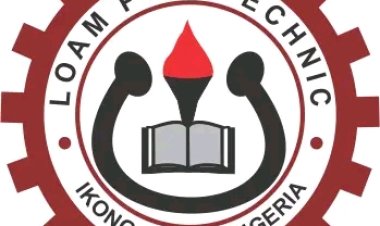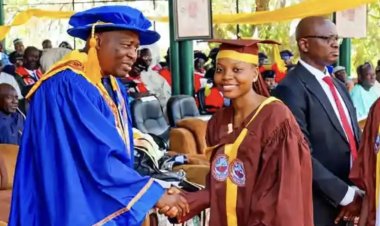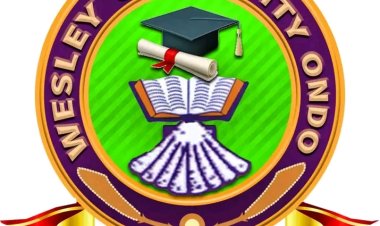Enugu State Government Reveals Shocking Statistics on Literacy and Numeracy Proficiency
The Secretary to the Enugu State Government (SSG), Prof. Chidiebere Onyia, disclosed in a shocking revelation that a staggering 50% of pupils in Enugu State lack the ability to read in English or solve simple mathematics problems. This came during his keynote address, titled "Smart Basic Education and the Future of Africa," at the quadrennial convention of the Old Boys Association of Union Secondary School, Awkunanaw.

In a startling revelation, the Secretary to the Enugu State Government (SSG), Prof. Chidiebere Onyia, disclosed that a staggering 50% of pupils in Enugu State lack the ability to read in English or solve simple mathematics problems. This revelation came during his keynote address, titled "Smart Basic Education and the Future of Africa," at the quadrennial convention of the Old Boys Association of Union Secondary School, Awkunanaw.
SEE THIS: Enugu To Adopt New Education Policy
According to Onyia, the shortcomings in literacy and numeracy proficiency were uncovered through a Baseline Assessment conducted by the state government in November 2023. The findings indicate a major education crisis affecting the state and, by extension, the entire nation.
Expressing disappointment, Onyia highlighted that in Nigeria, 3 out of 4 children completing basic education lack numeracy and literacy proficiency, a crisis recognized by global organizations such as the World Bank, UNICEF, and UNESCO as the "Nigerian Learning Crisis." He emphasized that existing teaching methods contribute to a significant "Skills Gap," leaving children without essential competencies in science, technology, and digital skills.
RECOMMENDED: Enugu State Vows Strong Backing for Naval Base, School, Hospital
Despite the alarming statistics, Onyia revealed that the Enugu State Government is actively addressing the proficiency gap through innovative technologies and policy initiatives. Governor Peter Mbah's administration plans to build model smart schools in each of the state's 260 wards within 14 months. These schools will feature advanced facilities, including centers for artificial intelligence and robotics, as well as interactive smart boards.
Onyia further explained that the state's education sector is undergoing a significant transformation. The academic curricula now prioritize experiential learning methods, problem-solving, and case studies. The aim is to equip students with emerging technological skills, enabling them to compete globally.
In conclusion, the Enugu State Government acknowledges the need for a paradigm shift in teaching methods and is committed to continuous training and professional development for teachers, emphasizing the importance of transforming both how teachers teach and how students learn.

 Mary Nwaeze
Mary Nwaeze 



